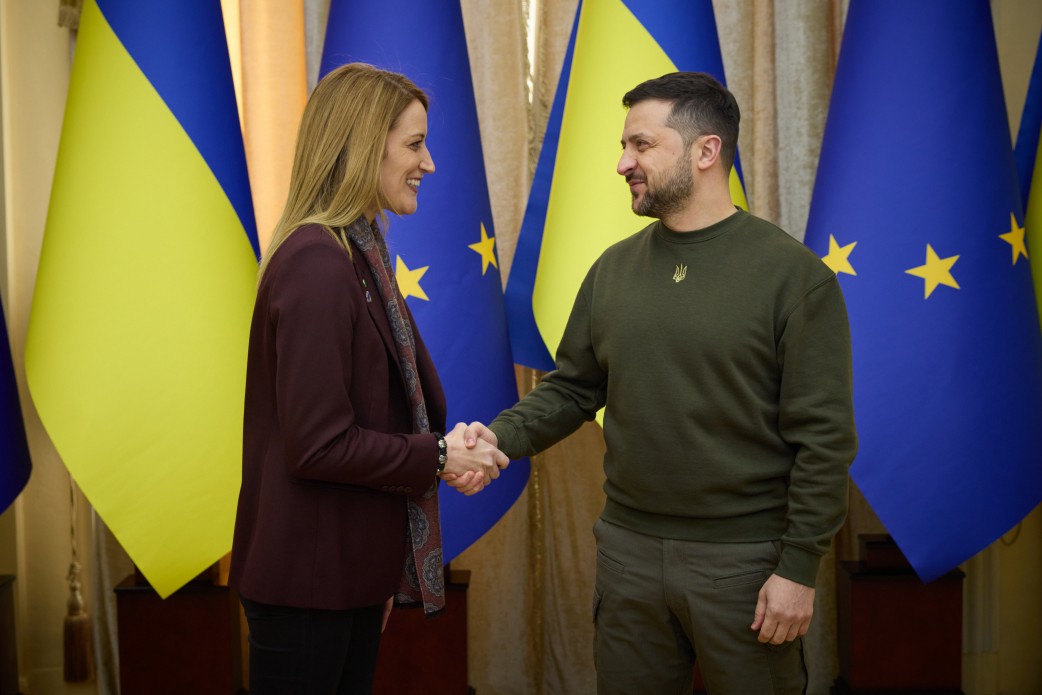Dr Fatih Birol, executive director of the International Energy Agency, has been assessing the state of the global energy crisis one year after the Russian attempt to invade Ukraine.
In his assessment, it is clear that the Russian aggression has been a massive shock to global energy markets and a crippling blow to Russia’s relationship with its biggest customer, the European Union.
Russia was by far the world’s largest exporter of oil and natural gas to global markets, with the EU buying around 50 per cent of Russia’s oil exports and over 60 per cent of its gas exports. Not surprisingly then that the EU felt the major impact, but the effects have rippled out to many emerging and developing economies. For example, the number of people worldwide who lack access to electricity, the large majority of whom live in Sub-Saharan Africa, actually rose last year for the first time in decades as energy prices spiked amid the crisis.
Today, Russia’s pipeline flows to Europe have plummeted by 80 per cent from their level before the invasion. Its oil exports to global markets have fallen only slightly so far – but much of this is being sold at steep discounts to international benchmark prices, with fewer and fewer buyers in advanced economies. Russia’s oil and gas export revenues are suffering after their initial uptick last year following the invasion. On a monthly basis, they dropped by $12bn in January 2023 compared with a year earlier – a decline of about 40 per cent.
At the same time, the amount of renewable power capacity added worldwide rose by about a quarter in 2022; global electric car sales leaped by close to 60 per cent; investments in energy efficiency jumped; installations of heat pumps surged, especially in Europe; and nuclear power is making a strong comeback.
Issues still persist however: Russia is still delivering some pipeline gas supplies to the EU. It could yet cut that down to zero, putting new strains on markets. At the same time, China, the world’s largest gas importer, is reopening from its Covid restrictions, which last year contributed to Chinese gas demand declining for the first time in 40 years. The question is how big the rebound in China’s demand will be. But there is no doubt that it will add serious competition in LNG markets for European buyers compared with last year. That in turn makes things even more challenging for importers with less purchasing power, especially in the developing world.
It’s also important to remember that Europe was fortunate with the mild weather this winter. It can’t afford to assume the same thing will happen next winter.
If governments continue to pursue all forms of clean and renewable energy, then there is a green future ahead, and the West will no longer be prone to energy blackmail, but it will require an effort of will.
Picture credit: www.president.gov.ua.
Latest News
-
Trump effect leads to slump in European ESG investment
-
Skipton Building Society names Refuge as its next charity partner
-
Voices of children impacted by hygiene poverty to be played at shopping centre toilets
-
Corporate partners wanted for rebranded environmental match funding campaign
-
Building Society hands domestic abuse survivors’ charity £150,000
-
Coffee firm links up with National Park to create ‘haven for biodiversity’
© 2019 Perspective Publishing Privacy & Cookies









Recent Stories